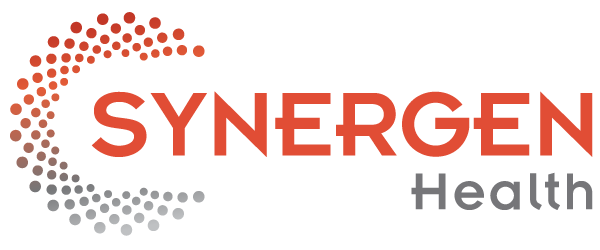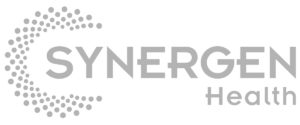As the rate of claim denials continue to rise—10.15% in 2020 to 11.2% in 2022, and then to 11.99% in 2023—getting payers to actually pay you is becoming more and more difficult.
As these rates increase, the need for strategic measures to secure payments becomes even more crucial for maintaining financial stability and ensuring the sustainability of your healthcare services.
So, what can your organization do to counter this trend and ensure you receive timely reimbursements?
1. Enhance Front Desk Operations
Your front desk is your first line of defense against denied claims.
While insurance verification, obtaining necessary pre-authorizations, and ensuring correct patient demographic data may seem like a given, it’s often one of the first areas to encounter errors that can disrupt the entire revenue cycle.
Integrating AI-driven RCM technology can empower front desk staff by automating many of the routine tasks that are prone to human error.
AI tools act as an extension of your front desk team to:
- Streamline insurance verification.
- Instantly cross-referencing patient information against multiple databases to confirm coverage details.
- Automatically detect which services require pre-authorization and initiate requests in real time.
- Flag any discrepancies before you render services.
All of these actions contribute to timely, full payments from payers and a reduced cost to collect.
2. Improve Coding Accuracy
According to a report from Experian Health, coding inaccuracies and incorrect modifiers were listed as top reasons (numbers 3 and 4) for denied claims.
Coding is the language that translates what happens during an appointment, surgery, or other service. So, it’s imperative to be as precise and accurate as possible to promote timely payments without any pushback.
Leveraging advanced coding software and regularly training coding staff can dramatically improve accuracy. Such software often incorporates AI and machine learning to assist coders by suggesting appropriate codes based on clinical documentation, highlighting potential errors, and ensuring that claims comply with current regulations and payer-specific guidelines.
This technology can also update coders on changes in coding standards and payer policies, which is crucial given the frequent updates in medical coding systems like ICD-10 and CPT.
3. Submit Claims According to Payer Guidelines
Each payer sets specific deadlines for submitting claims, and adhering to these timelines is essential as missing them can result in claim denials for untimely filing.
And, if your organization works with various payers, managing these timelines can be challenging. Or, even if you’re aware of the timelines, a coding and billing backlog can lead to delays that jeopardize your ability to submit claims within the required periods.
One effective strategy to mitigate these issues is using specialized billing software equipped with features designed to track and alert staff to various payer deadlines. Such software can automate much of the process, reducing the burden on staff and minimizing the risk of human error.
Creating a centralized database containing all relevant information on payer policies, including claim submission deadlines and requirements, is another effective strategy as it provides a single source of truth for your billing team.
Additionally, conduct periodic audits of your claim submissions. This practice allows you to identify any patterns or recurring issues with specific payers so you can address them proactively.
4. Manage Credentials with Payers
Effective credential management is a critical aspect of your financial infrastructure and plays a key role in timely reimbursements.
Credentialing verifies that your organization is qualified and authorized to bill a payer for services. Continuous monitoring of your licensure and certification expirations is crucial, as any misstep can lead to claim denials.
To streamline credential management, organizations should implement systems, such as cloud-based software, to keep detailed, organized records of all credentialing information. This technology supports the seamless updating of provider statuses, enables reminders for credential renewals, and ensures all documentation is current and compliant with regulatory standards.
Such proactive management helps avoid billing interruptions and maintains a steady flow of reimbursements.
5. Establish a Robust Denials Management Process
Despite best efforts, claim denials can still occur.
And, considering that providers spent up to $19.7 billion in 2023 adjudicating with payers, it’s in your best interest to create and maintain a robust denials management system.
Establishing a thorough process for managing these denials is crucial for minimizing their financial impact. Advanced collections and denials management systems can be instrumental in this area, as they can identify patterns and common causes of denials.
Understanding these trends allows teams to proactively adjust their billing practices to prevent future denials. Additionally, developing a dedicated team to handle denials can ensure that each case is addressed thoroughly and promptly, reducing the turnaround time for resubmitting corrected claims.
Secure Your Financial Health
Implementing these strategies not only helps to secure your revenue stream but also ensures that you can provide quality care without financial disruption.
While it may seem challenging, you don’t have to do it alone. Partnering with experienced RCM providers can enhance your organization’s ability to navigate these situations.
For example, with our guidance and technology, one healthcare system was able to reduce their aged receivables by 80% and see a 49% success rate in re-submitting previously denied claims.
Want to see results like that? Let’s talk.

